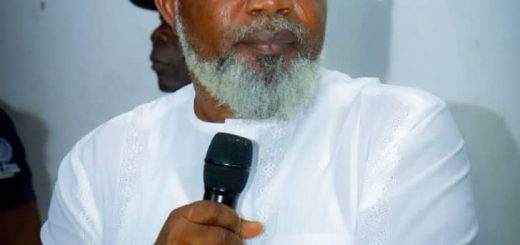Emir Sanusi: Nigeria’s Economy Was Set on a Path to Bankruptcy
The Emir of Kano, Muhammadu Sanusi II, has expressed growing concern about Nigeria’s economic trajectory, arguing that the country has pursued policies that are, in essence, destined to cripple its economy.
Speaking on Channels Television’s Politics Today, Sanusi—who once led the Central Bank of Nigeria—said those with a deep understanding of Nigeria’s economy were not surprised by the current state of affairs. “Look, I’m known to have spoken for a long time on the economy and to have warned over a decade ago that this is where we’re headed. I don’t think anyone who studied Economics is surprised that Nigeria is where it is today. We spent decades pursuing policies that were destined to bankrupt the economy,” he remarked, tying his reflections to the life and era of the late General Murtala Muhammed, Nigeria’s former head of state.
Sanusi added that dissenting opinions to the prevailing policies were met with resistance. “Those who controlled the narrative were the beneficiaries of the system of rent seeking, and therefore, anyone seen as a threat to that system was a target. We refused to listen; every argument, every rational argument against the path that we were following, was met with resistance,” he said. “I have faced a lot of persecution for my views, so I’m not surprised at where we are.”
Reflecting on Murtala Muhammed’s leadership, Sanusi described the former military ruler as ideologically a bourgeois nationalist. He suggested that Muhammad pursued policies that didn’t directly confront capitalism but aimed to shift capital into Nigerian hands. “He was not a socialist. He was not a communist. He was a bourgeois nationalist to the extent that he pursued policies that did not really confront capitalism, but tried to ensure that the capital in the country was transferred to the hands of Nigerians. It was part of his anti-colonial struggle. When you look at the indigenous decrees and the opening up of the economy to Nigerians, the idea was to create a Nigerian capitalist class that would take over from imperialism. And I think this was his major ideological shift from a neo-colonial system to a bourgeois nationalist system,” Sanusi explained.
The Emir went on to honour Muhammed as a guiding influence, describing him as a guardian who shaped his confidence and patriotism. “Mohammed’s patriotism was beyond doubt,” Sanusi affirmed. The late Murtala Muhammed served as Nigeria’s head of state from July 1975 until his assassination in February 1976.
If you’re curious about the broader context of Sanusi’s remarks and how they fit into today’s economic debates in Nigeria, I can pull together a concise explainer that outlines:
- The policy choices he criticises today
- How Muhammed’s era is interpreted through a bourgeois nationalist lens
- The implications for Nigeria’s current economic policy and reform conversations



